KEI Industries is among the leading manufacturers of wires and cables in India. It has a wide range of products, including extra-high-voltage cables, high-voltage cables, low-voltage cables, control and instrumentation cables, house wires, communication cables, solar cables, stainless-steel wires, instrumentation cables, house wires, communication cables, solar cables, and stainless-steel wires. The company’s products find use in various industries, including power, telecom, construction, railways, and marine. KEI Industries is a socially responsible company and is committed to the environment. The company has a Green Manufacturing facility and uses sustainable practices in its operations.
The Importance of Sustainability in the Manufacturing Industry for Electrical Industries
-
Environmental Impact
Electrical manufacturing industries often consume significant energy and resources, resulting in a substantial environmental footprint. Embracing sustainability practices helps minimize this impact by reducing energy consumption, greenhouse gas emissions, and the depletion of natural resources. -
Regulatory Compliance
Governments and regulatory bodies worldwide are increasingly implementing stringent environmental regulations to address climate change, pollution, and waste management. Embracing sustainability practices allows them to stay ahead of regulatory requirements, reduce compliance risks, and maintain their social license to operate. -
Consumer Expectations
Modern consumers are becoming more environmentally conscious and seek products that align with their values. Sustainable Manufacturing Is Required for gaining a competitive advantage by meeting consumer expectations and capturing a larger market share. -
Cost Savings
By implementing sustainable measures like energy-efficient manufacturing processes and resource optimization, electrical manufacturing industries can achieve cost savings while minimizing their environmental impact. -
Reputation and Brand Image
Sustainability initiatives can enhance the reputation and brand image of the electrical manufacturing industries. Companies prioritizing sustainability are seen as responsible corporate citizens caring for the environment and society.
Dedicated to Ensuring A Safe and Environmentally-Responsible Workplace
KEI has ensured that all its manufacturing units comply with the ISO 14001:2015 certification for Environment Management Systems. It has also walked the extra mile by securing the ISO 45001: 2018 certification for Occupational Health and Safety Management and the ISO 9001:2015 certification for Quality Management Systems. The manufacturing plants possess the QMS (ISO: 9001-2015), OHMS (ISO: 45001-2018), and EMS (ISO: 14001-2015) certifications. KEI has also successfully transited from OHSAS- 18001: 2007, NABL ISO/IEC-17025:2005 to ISO/IEC-17025:2017 to ISO-45001: 2018 from OHSAS- 18001: 2007, NABL ISO/IEC-17025:2005 while the factory at Silvassa complies with NABL ISO/IEC-17025:2017.
Highlights of Sustainability Initiatives Taken By KEI
-
Reducing Energy Consumption and Cost
Reducing energy consumption to minimize the company’s carbon footprint is among KEI’s focal sustainability initiatives. Its key Sustainable Manufacturing initiatives to reduce energy consumption include deploying new energy-efficient AC drives and motors in place of the older DC drives & motors, bringing down the control cable division stationed load to 1.8 MVA from 2.2 MVA. Additionally, the company has achieved power savings by replacing the older water pumps with modern energy-efficient ones. -
Sustainable Packaging
To avoid consuming valuable wood traditionally used to manufacture the drum battens for the domestic market, KEI has commenced using HDPE sheets in the Cable Wire drum packaging. It is also taking the necessary steps to reuse and reutilize the wooden pallets received from domestic and international suppliers of XLPE compound to pack cable drums. KEI has also embarked on a program to substitute the 80-inch and above wooden drums for cable supplies with steel drums as a part of its Green Manufacturing practices to slow down the depletion of natural wood resources and help curb the denudation of natural forest cover. -
Recycling Products and Waste Materials
KEI is aware of the potential of recycling products and waste materials to reduce its environmental impact and conserve precious natural resources. It has embarked on a structured program to recycle all major raw materials except for the XLPE compound. The company has established in-house facilities for manufacturing PVC fillers used in HT cable laying by recycling PVC compounds. The company also has a well-thought-out process for selling other recyclable materials to its empanelled recycling businesses.As an integral part of its Sustainable Manufacturing Processes, KEI has also implemented a closed-loop water circulation system to preserve precious water resources. It has commissioned an advanced sewage treatment plant (STP) to treat waste efficiently and used the recycled water for non-potable applications like washing and gardening. The company has embarked on a sustained mission to boost its waste recycling from the current level of five percent.
-
Addressing Global Environmental Issues
KEI Industries has taken several initiatives to reduce its carbon footprint and become more energy-efficient. As part of its Sustainable Power Generation program, it has installed solar roof panels of 3.5 MW at its plants in Bhiwandi, Chopanki & Pathredi to substitute conventional grid power and promote Sustainable Electrical Power. Other noteworthy Green Manufacturing Process initiatives include using natural gas to replace diesel or furnace oil, strict monitoring of flue gases generated by the manufacturing facilities and rigorous checking of PUC certificates of all transport vehicles arriving at the plants.







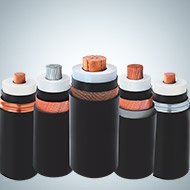
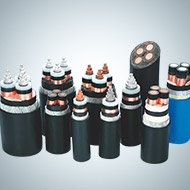
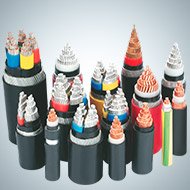

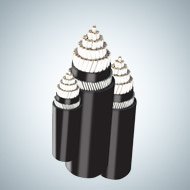

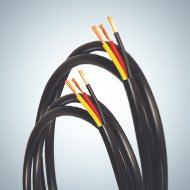
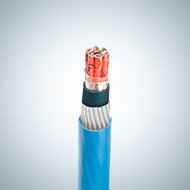
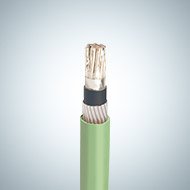
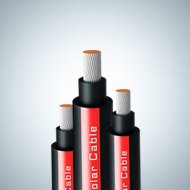
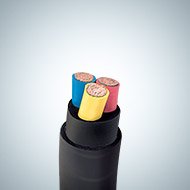
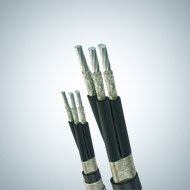
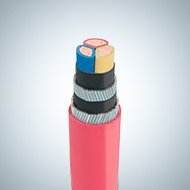
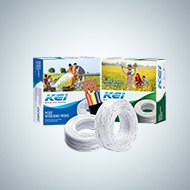

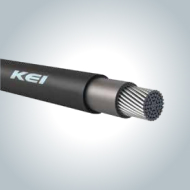
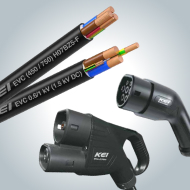
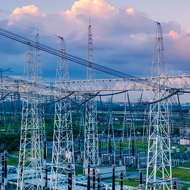



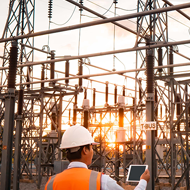





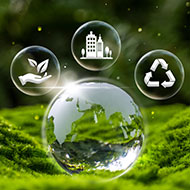






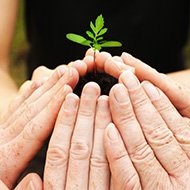



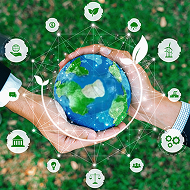


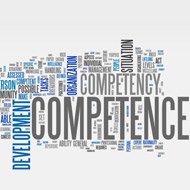



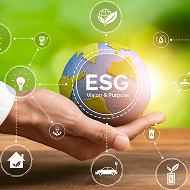
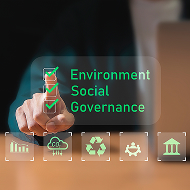
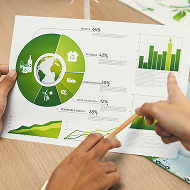
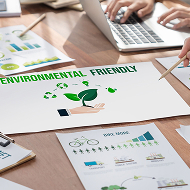


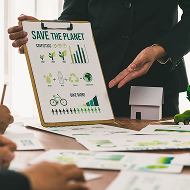
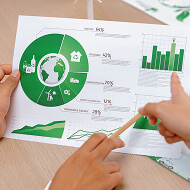
 Subscribe Newsletter
Subscribe Newsletter